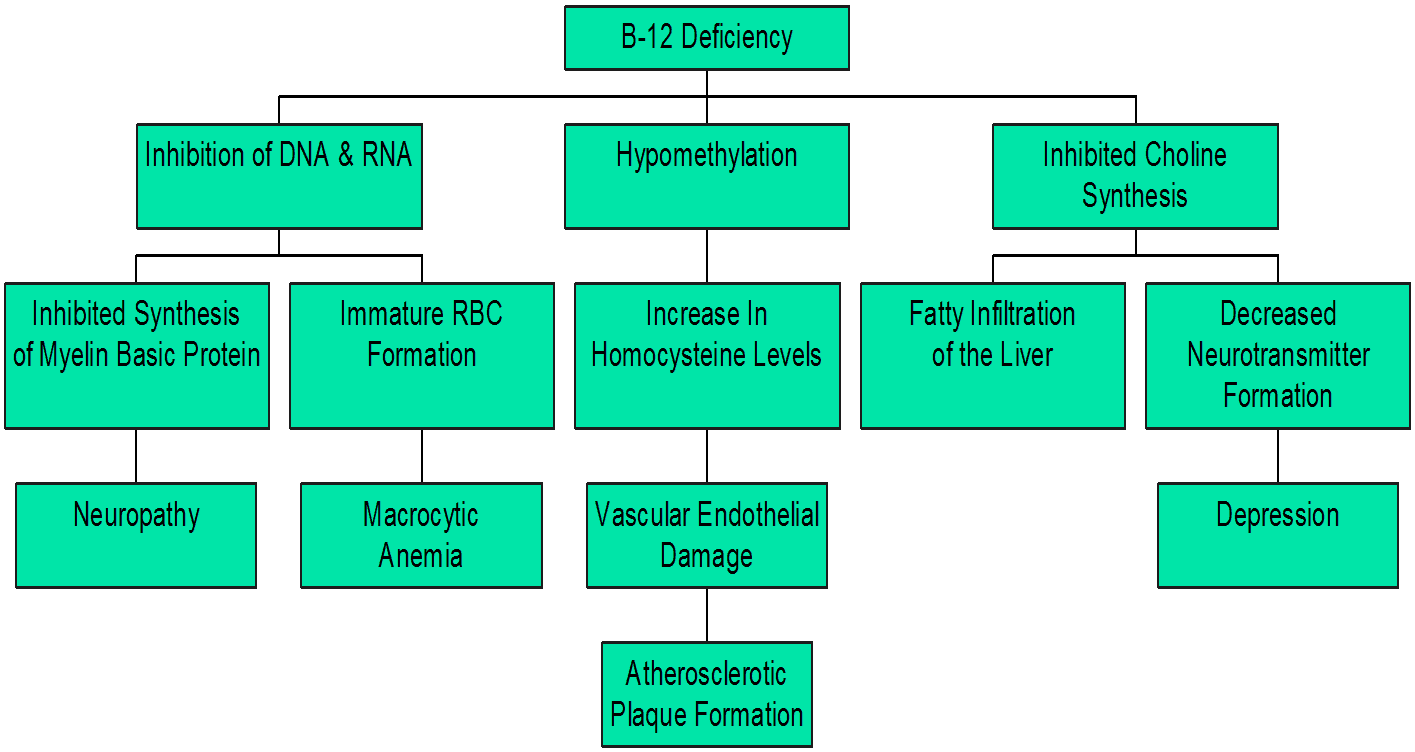Can Gluten Cause Ataxia?
Can gluten cause ataxia? Before we answer the question, let’s define what ataxia means.
Ataxia is a neurological disorder affecting the body’s ability to control muscular coordination. The symptoms can manifest in a variety of ways, but often lead to dizziness, clumsiness, loss of coordination, fatigue, difficult speaking, difficulty swallowing,
muscular tremors, abnormal gait or difficulty walking, nausea, and vomiting.
Though there are many causes for this condition (including head trauma, brain surgery, alcoholism, infection, tumors, and physical malformation of the brain, brain stem, and spine), a few of them have direct links to gluten.
Gluten Induced Autoimmune Reactions
The first is gluten induced autoimmune damage to the brain and central nervous system. According to many research studies, a large percentage of patients with ataxia produce antibodies to an enzyme called transglutaminase 6. This is similar to what happens in patients with celiac disease, only instead of an
autoimmune reaction damaging the gut, we have an autoimmune reaction damaging the brain and causing ataxia symptoms. Consider the findings of the following two recent research studies:
Gluten sensitivity (GS) is a spectrum of disorders with diverse manifestations. Recent evidence suggests that ataxia may be the only manifestation of GS and that it may be one of the causes of sporadic ataxia.
Source: Neurol India. 2013 May-Jun;61(3):226-30.
Antibodies against TG6 are gluten-dependent and appear to be a sensitive and specific marker of Gluten Ataxia.
Source: Neurology. 2013 May 7;80(19):1740-5.
Can gluten cause ataxia? According to these research studies, the answer is an absolute yes.
Gluten Induced Vitamin B-12 Deficiency
Vitamin B-12 deficiency is one of the most common nutrient deficiencies caused by gluten, and may represent another pathway to gluten induced nerve damage. B-12 deficiency also happens to be one of the
other causes of ataxia not mentioned above. A deficiency in this important B vitamin can cause demyelination of the nerves in the brain and spinal cord. Demyelination is the process where the insulating layer of fat around the nerves is broken down. Without insulation, the nerves do not deliver electrical impulses as efficiently, and the symptoms of ataxia set in. The diagram below illustrates many of the possible manifestations of a vitamin B-12 deficiency. The bottom left section of the diagram (Neuropathy) illustrates the pathway to ataxia.

What You Should Investigate If You Have Been Diagnosed with Ataxia
If your doctor has diagnosed you with idiopathic ataxia, the first thing you should have investigated in the possibility that you might be gluten sensitive. This is easily accomplished with
genetic testing. You can also take this
short free quiz here. The second thing you should investigate is whether or not you have a vitamin B-12 deficiency. Both are relatively easy to accomplish. In my experience, those with B-12 neuropathy (including ataxia), can take up to two years to recover from the neurological damage and symptoms. The faster you find out and address the issue, the better.
As always, if you found this article helpful, don’t be stingy – share it with someone who needs help 🙂

One Response
I have ataxia. I have been told and treated for Ms and after a few years. Told I had no plague and sent away but ata is sttruck me suddenly and I have no balence! I cannot walk did it at al! Fell to floor and have not walked in ) years! I read about gluten! I have on going bustle issues fir years. I was told I would Us d to go to Msyo in Minn. to find that out or not! Bug I stay in the hospital I believe I have gluten ataxia! I read all about the chance that I coujd was again a x I lost if last night!